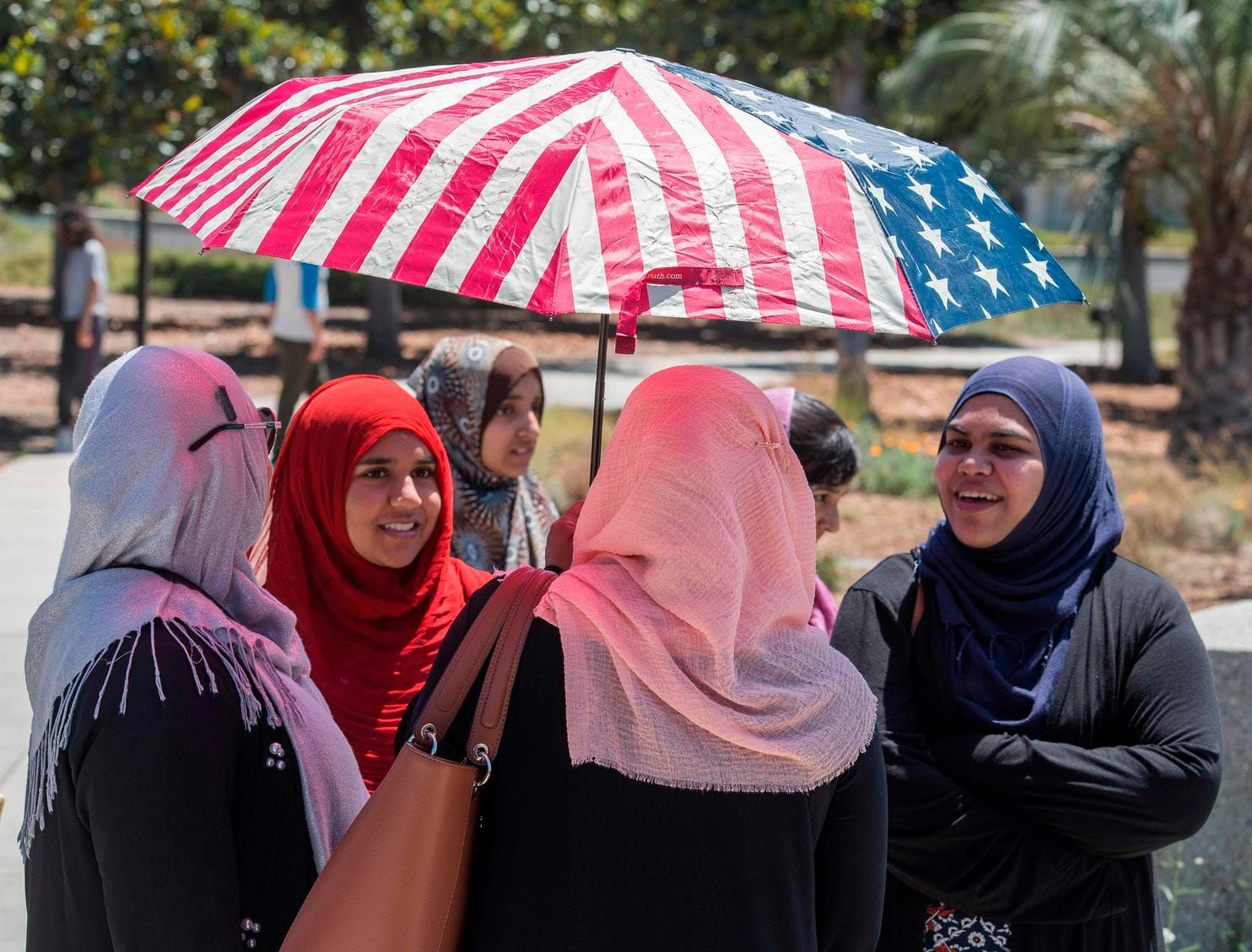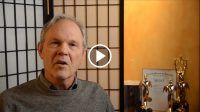
In this Washington Post op-ed, Scholars Brian Calfano (associate professor of political science and journalism at the University of Cincinnati) and Nazita Lajevardi (assistant professor of political science at Michigan State University) discuss Muslim identity and here are their findings:
— Despite insinuations that Muslims living in the United States aren’t “American” enough, Muslim Americans express a strong commitment to this country. See below surveys.
** National surveys of Muslim Americans conducted by the Pew Research Center in 2007 and 2011 asked respondents whether they identify first as “American,” “Muslim” or “both.” In both years, about 27 percent of Muslims said “American” and 18 percent said “both.” The largest minority, about 48 percent, identified primarily as “Muslim.”
** In its 2017 survey, Pew asked a different question: how much “pride” Muslims feel in being American. Here, Muslim Americans were no different from Americans as a whole. Nearly all Muslims (92 percent) “completely” or “mostly” agreed that they are “proud to be an American,” compared to 91 percent of the general public. In fact, a larger fraction of Muslims said “completely” agree (66 percent vs. 60 percent among all Americans).
— Of course, despite what surveys ask, Muslims in the United States do not necessarily walk around thinking of themselves in terms of religious or national identity. Like non-Muslims, Muslims are also parents, children, spouses, teachers, doctors, lawyers, construction workers and so on. Indeed, in framing identity in terms of faith or nation, surveys may unintentionally discourage Muslims from living the democratic citizenship that many see as quintessentially American.
— In 2012, these researchers conducted an experiment on a national sample of Muslim Americans ages 18-25. Participants were randomly divided into three groups based on what questions appeared at the very beginning of the survey. One group was asked whether they identified as Muslim, American, or both — just as in the earlier Pew surveys. The second group was asked questions that, while not using the term “Muslim,” gauged their commitment to a religious faith. The third group did not initially see either set of questions.
** When members of the first group — and particularly women — were asked about their American/Muslim identity, they reported less interest in politics, compared with those who weren’t asked either set of questions. For one, they were less likely to say that they were motivated to engage in politics because of various reasons, such as a sense of obligation or a feeling of marginalization. Moreover, they were less likely to report engaging in actual political activity, such as making donations to or volunteering for politics campaigns, engaging in protests, contacting an elected official, and discussing politics in the household. This didn’t happen when young Muslims were asked the questions about their commitment to a religious faith.
** Although this experiment was conducted only among younger Muslims, it suggests that the very way in which politics forces Muslims to think about their identity — where “Muslim” and “American” could be alternatives — may have a politically demobilizing effect.



